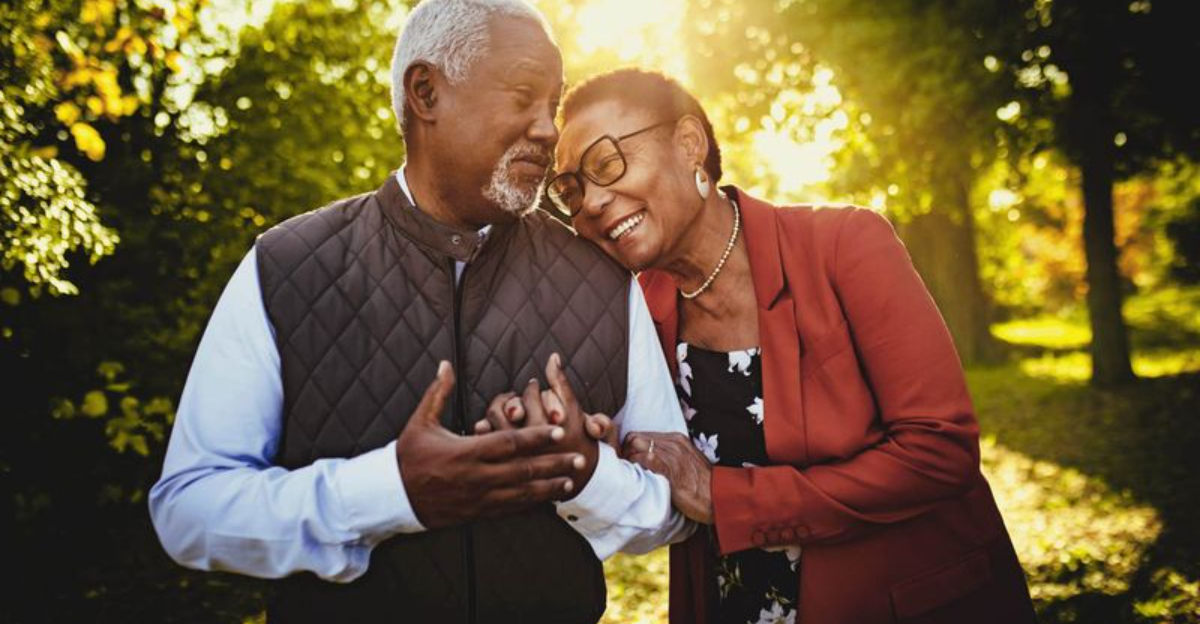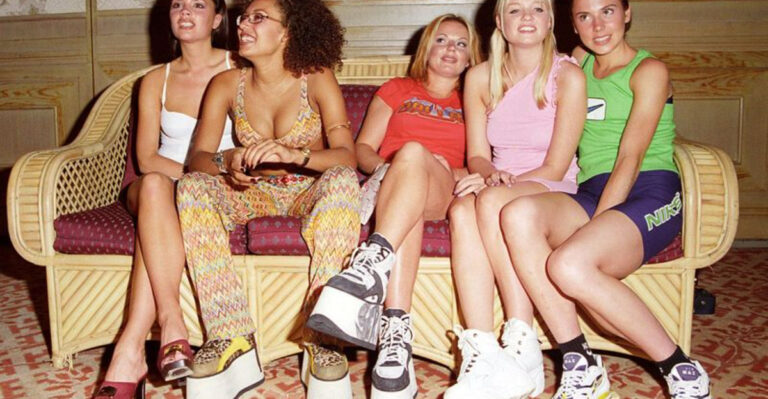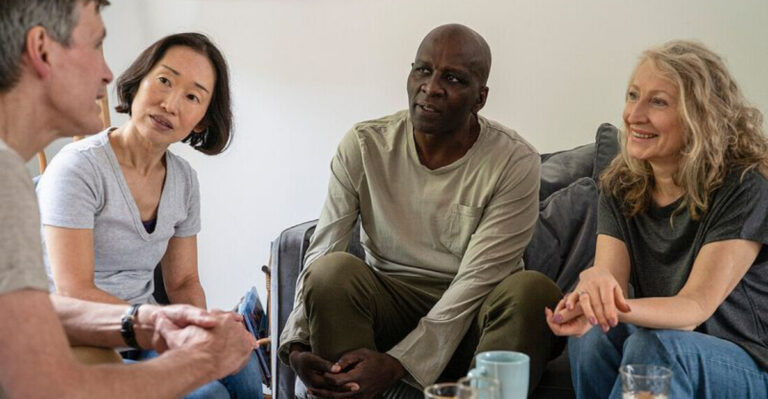Accidental Allies: 15 Common Boomer Phrases That Are Secretly “Woke”
You know those moments when your mom or dad drops a cliché during a heated family dinner, and you roll your eyes, figuring you’ve heard it a thousand times? What if I told you some of those old-school sayings—the ones we brush off as outdated—are actually quietly radical?
Turns out, a lot of “boomer wisdom” lines up with the exact ideas that get labeled as woke today. The funny part? Most boomers have no idea.
So here’s the real talk: behind the nostalgia, these phrases push for empathy, fairness, and respect in ways that feel deeply now. Maybe it’s time we look at these sayings with fresh eyes. Because sometimes, the accidental allies in our families are the ones who taught us how to see the world differently—without even trying.
1. Treat people the way you want to be treated
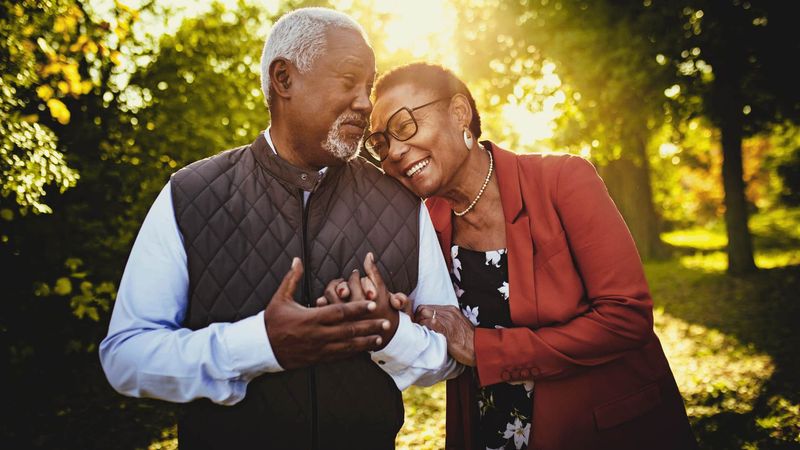
“Golden Rule” sounds like something you’d find stitched on a pillow at Grandma’s, right? But underneath that cozy packaging is a demand for empathy that would make any activist proud. It’s a call to stop for a second and recognize that every single person wants to be respected and safe, just like you.
I remember hearing this when I felt left out at school. My dad said it, then—out of nowhere—bought a second lunch and handed it to a quiet kid sitting alone.
It hit me: those words aren’t just about being nice; they’re about stepping up, even when nobody’s watching. That’s the root of social justice—treating kindness like a daily habit, not a bonus.
Did you know this phrase shows up in almost every major world religion? Maybe your parents never called it “allyship,” but they lived it in small, unglamorous ways. Sometimes, the simplest rules are the hardest to live by. And the most powerful, too.
2. Live and let live
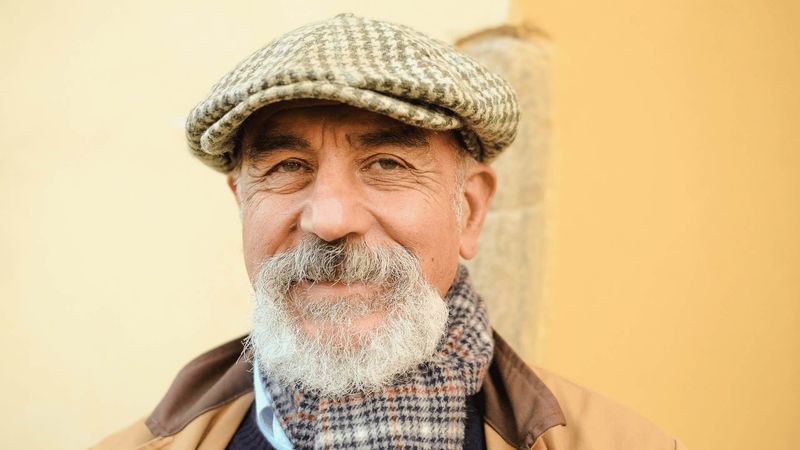
Picture your grumpy old neighbor, the one always talking about “just minding his own business.” Now imagine that attitude trending on social media. “Live and let live” isn’t just a hands-off life hack—it’s a low-key manifesto for acceptance.
It’s the phrase that made space for the goth kids, the dreamers, and the people who never quite fit the suburban mold. When my aunt said it, she meant let people love who they love, wear what they want, believe what feels true. That’s radical in any era.
Back in the ‘60s, it sounded rebellious. Today, it’s the core of every conversation about boundaries and autonomy. Let’s be honest: nobody wants to be told how to live. This phrase gives everyone a little room to breathe. And sometimes, room to heal.
3. If you don’t have anything nice to say, don’t say anything at all
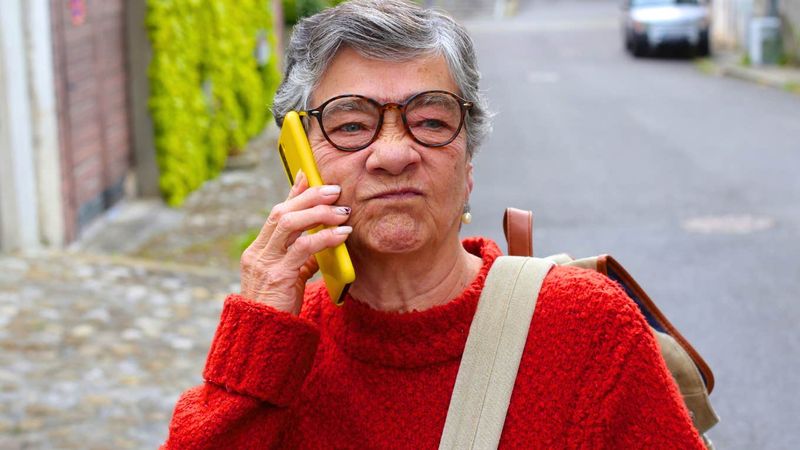
Remember being shushed at family gatherings when your words got a little too sharp? This phrase is the original clapback to internet trolls—before trolls even existed. It’s about recognizing the power of words, and how easy it is to hurt someone from across the room (or the internet).
In a world obsessed with speaking first, to listen—and withhold—can be quietly revolutionary. I learned this most when I watched my friend’s smile fade after a careless comment. Silence can save.
Kindness isn’t just about grand gestures—it’s about the stuff you don’t say, the restraint you show. At times, respect sounds like nothing at all. And that’s powerful.
4. Don’t judge a book by its cover

Ever misjudged someone because of the way they dressed, only to be totally surprised later? We all have. My mom used to drop this line every time someone gossiped about the “weird” new neighbor. She believed everyone deserves a chance to tell their story.
This phrase is a challenge to our snap judgments—the kind that fuel prejudice, exclusion, and a thousand microaggressions. When you actually take a minute to see who sits across from you, you realize how much you miss when you go by appearances.
Fun fact: this isn’t just about people. It’s about jobs, art, food, and all the stuff we dismiss out of habit. Turns out, refusing to judge on sight is quietly subversive. And, if you ask me, a little bit brave.
5. Walk a mile in someone else’s shoes
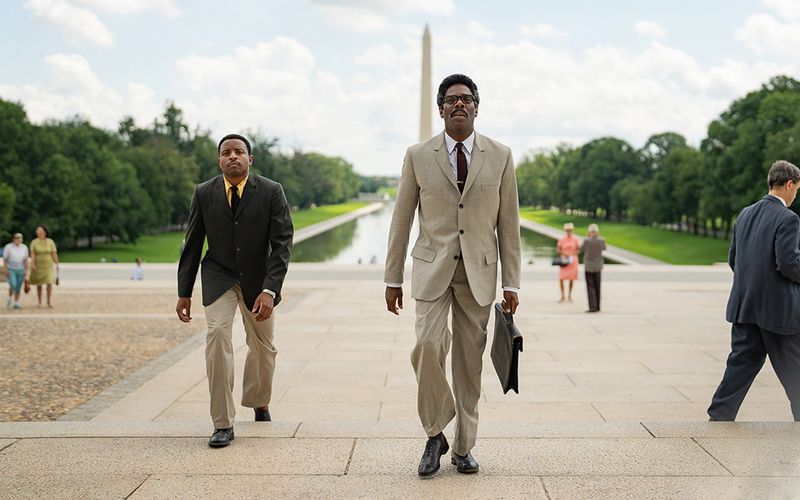
Every time you hear this, you can almost smell the musty loafers your dad kept by the door. But the heart of this saying is about radical perspective shifting—the kind that makes you question your own comfort, privilege, and assumptions.
This is where empathy starts: not just feeling bad for someone, but actively imagining how their day feels, what weighs them down, and what gives them hope.
We can’t ever really “be” in someone else’s shoes, but we can try. And that effort changes how we show up for each other. That’s not just woke—it’s necessary.
6. It takes all kinds
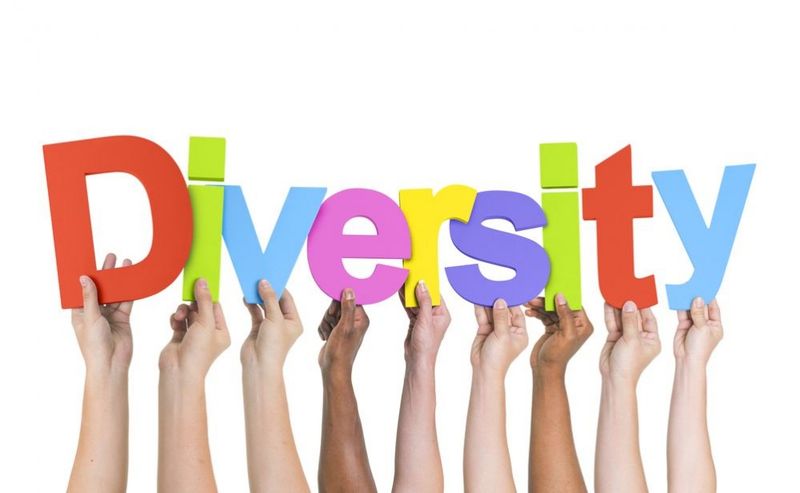
If you’ve ever felt like the odd one out, this phrase lands like a hug. What sounds like a throwaway line is actually permission for everyone to just be. There’s something freeing about realizing that difference isn’t just tolerated—it’s needed.
The world really is a patchwork, and every wild, weird square counts. When I heard this at family reunions, it made me think less about fitting in and more about what I could add. Difference isn’t a bug; it’s a feature.
Turns out, the more you look for sameness, the blander the world gets. Embracing all kinds doesn’t just help others—it gives you permission to show up as your real self. That’s the secret.
7. Charity begins at home
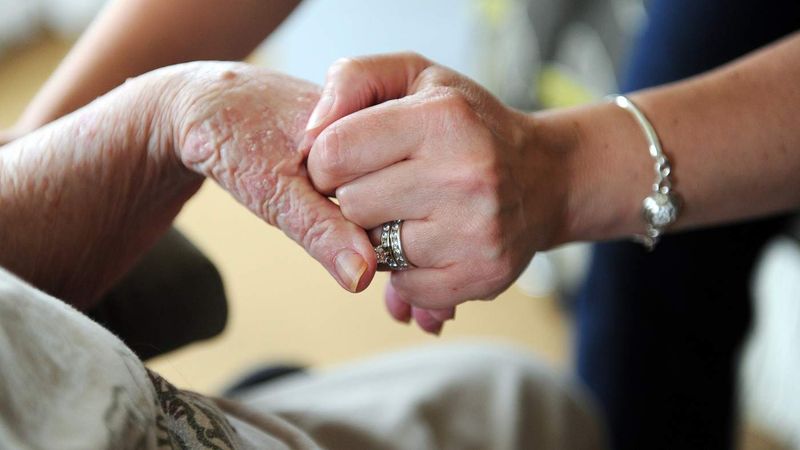
This sounds like an excuse for ignoring the outside world. But if you look closer, it’s a reminder that justice and kindness have to start with the people closest to you. My mom believed that how you treat your family, your neighbors, and your friends sets the tone for everything else.
What this phrase is about is to turn empathy into action, right where you are.
Nobody changes the world by ignoring their own backyard. Now and then, the bravest thing you can do is show up for people who will never tell anyone you did. That’s love, not performance.
8. We’re all in the same boat

You ever feel like you’re drowning, and then realize everyone else is just treading water too? “We’re all in the same boat” cuts through the illusion that anyone’s really got it together alone. It’s solidarity, plain and simple.
I first really felt this after losing my job—suddenly, all the bravado dropped and even my most “together” friends admitted how scared they were. There’s a strange comfort in that. We’re not as alone as we think.
This phrase doesn’t erase differences, but it does remind us that life’s storms don’t spare anyone. That’s not pity—it’s connection. And it’s how we move forward, together.
9. Actions speak louder than words
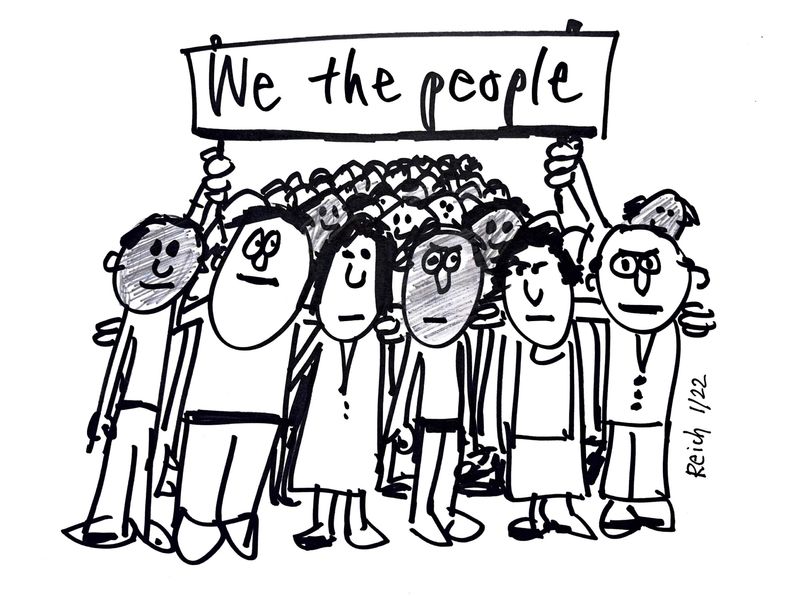
Talk is cheap. My grandpa didn’t give big speeches—he just fixed things. If you ever wondered where the idea of “show, don’t tell” came from, it’s this phrase right here.
We live in an age of statements and hashtags, but what really matters is what you do when nobody’s looking. Those actions built a bridge words never could.
It’s easy to claim values out loud. The hard part—the real part—is living them. That’s the test of character every generation faces.
10. United we stand, divided we fall
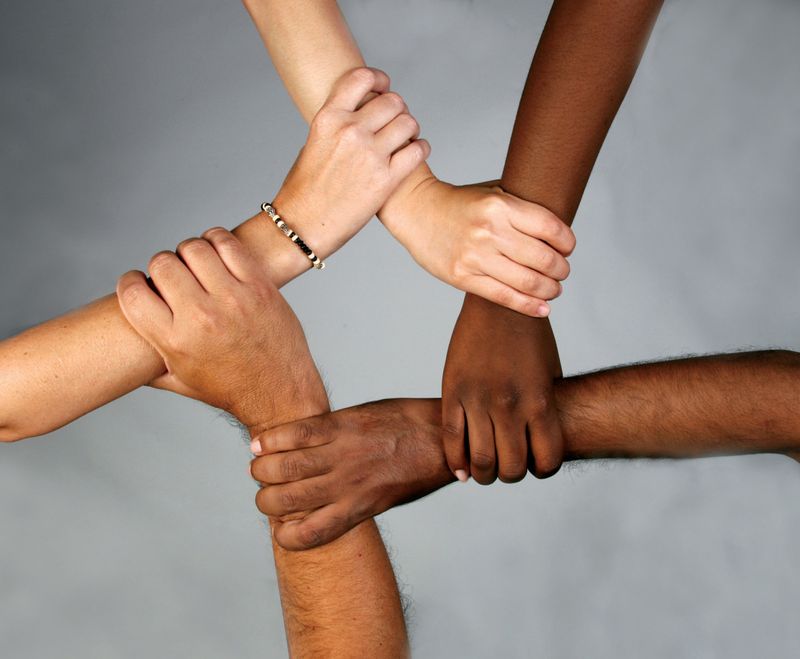
There’s a reason this phrase shows up in anthems and protest chants. It’s the backbone of every successful movement—and every tight-knit family. When my family fought over politics, my grandma always circled back here: we’re stronger together, even if we disagree.
I saw this in action after a neighborhood fire. People who barely spoke before pooled their money and rebuilt. That’s unity—messy, imperfect, but real.
Standing together doesn’t mean being the same. It means believing that our fates are connected. The world’s biggest changes started with circles like this.
11. You can’t pour from an empty cup

Burnout isn’t new, but this phrase feels especially urgent now. Truth is, you can’t help anyone when you’re running on fumes.
This saying gets used for self-care, therapy, and even activism. It’s permission to rest without apology. When I finally started to listen to it, I became a better friend, sister, and daughter.
Taking care of yourself isn’t selfish—it’s how you stay in the fight. Maybe boomers didn’t call it “mental health,” but they knew the cost of being depleted.
12. The squeaky wheel gets the grease
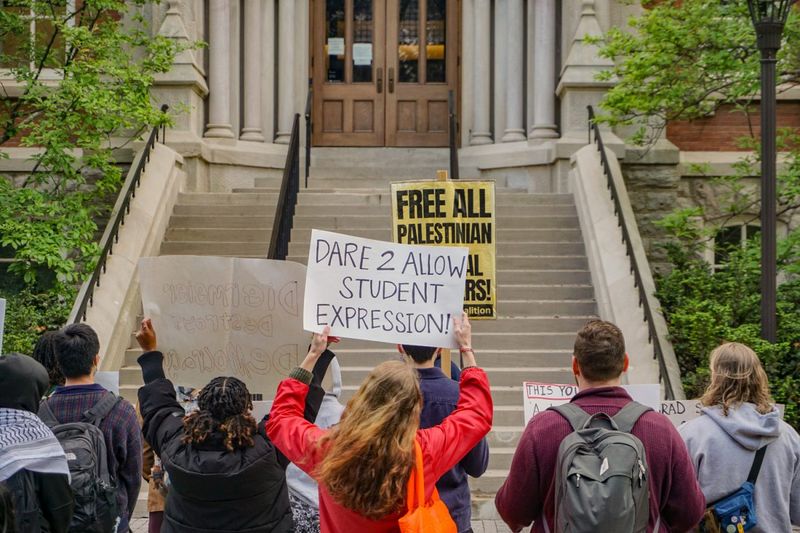
From time to time, making noise is the only way to get heard. It’s basically a call to speak up—even if your voice shakes.
Think about protests, strikes, or even just asking for what you need in a relationship. Change rarely comes quietly. This phrase is a wink to the troublemakers (the good kind) who push the world forward.
Some might say it’s complaining. But history shows that the world gets better when the brave make themselves impossible to ignore.
13. Don’t put all your eggs in one basket

This one’s about risk, but it’s also about resilience. My dad used it during every job search, breakup, or move. What he really meant: don’t bet your whole life on one outcome, idea, or person.
It’s a lesson in flexibility that’s at the heart of surviving tough times. When the world shakes, the people with options are the ones who land on their feet.
Turns out, diversity of choices is as woke as it gets. It makes space for change. And it keeps hope alive.
14. Let your freak flag fly
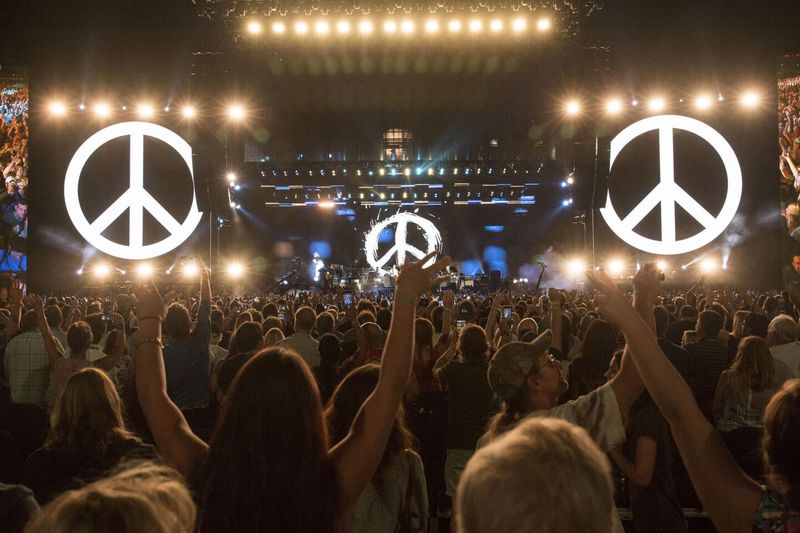
You don’t have to be a hippie to love this one. My aunt used it when I dyed my hair purple, grinning like she wished she could do the same. It’s permission to be weird, loud, and completely yourself.
It’s also an invitation to accept difference in others. When I finally quit pretending to fit in, I found my closest friends—the ones who loved me for the stuff I thought I had to hide. This phrase is freedom masquerading as rebellion.
Did you know it first showed up in ‘60s counterculture? Now it’s a hashtag, a parade chant, and a lifeline for anyone tired of hiding. Be bold. Be weird. That’s the magic.
15. Speak truth to power
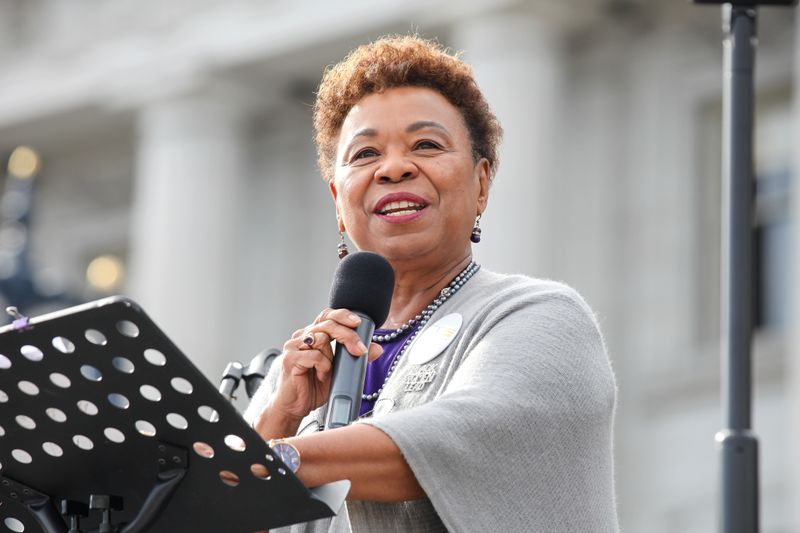
This one carries weight—every generation has someone brave enough to say what everyone else is thinking. It’s not just about honesty; it’s about courage when the stakes are high.
Speaking up isn’t easy. On occasion, it means risking jobs, friendships, or comfort. But every movement for change started with someone refusing to stay silent.
History remembers the truth-tellers, even if they made waves. If you’ve ever been scared to confront power, you’re not alone. In certain moments, your voice is the only tool you have.

